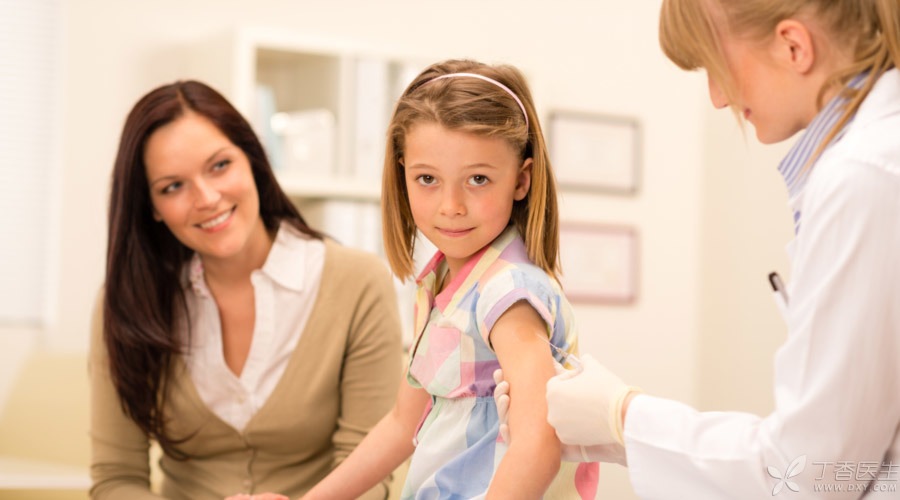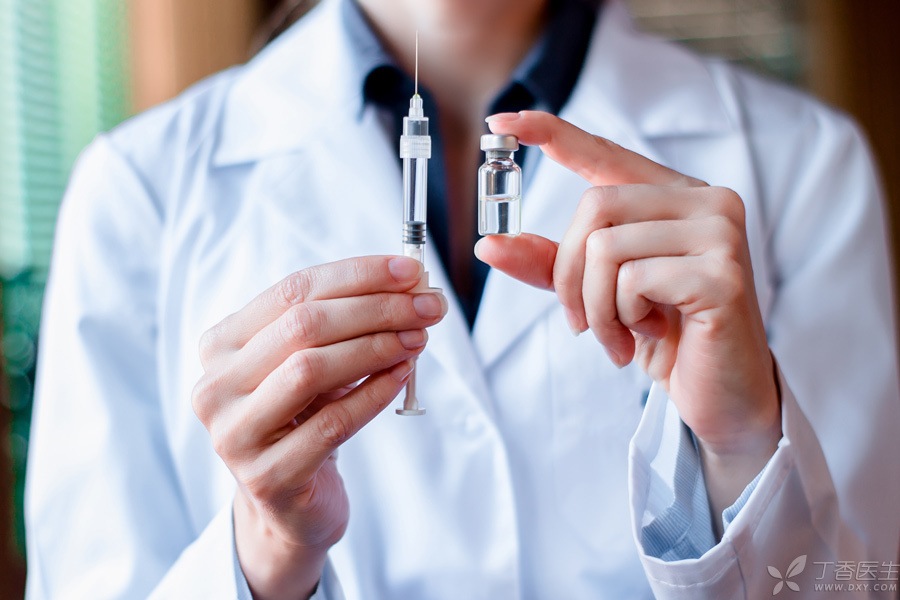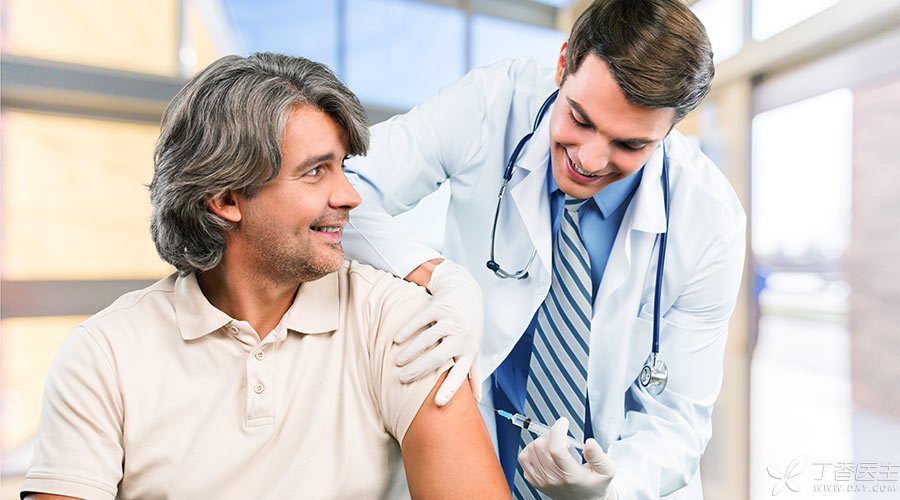
Just last week (July 31, 2017), the news that HPV vaccine was officially listed in China aroused a warm response, and everyone ran to tell each other with a feeling of long drought and showers.
After all, HPV vaccine can prevent some cervical cancer (the only cancer that can be prevented by vaccine at present), and this investment is very cost-effective.
However, who can fight? How should I fight? Today, Dr. Clove will answer your questions.
HPV vaccine is the first vaccine to prevent cancer
As the name implies, HPV vaccine is against HPV.
HPV is a large family with nearly 100 different types, of which more than a dozen are related to cervical cancer and are called high-risk HPV.
Since the vast majority of cervical cancer is related to high-risk HPV infection, HPV vaccination can prevent some cervical cancer (cervical cancer is also the only cancer that can be prevented by vaccine at present).
This time, GlaxoSmithKline’s bivalent vaccine was officially approved for listing in China.
Can I play what in China?

Universal vaccination is not expected until August.
China’s vaccine management adopts a unified procurement mode, which will be distributed to each vaccination point after all provinces and cities complete bidding and procurement, so the time will be relatively long.
However, the good news is that the fast-moving provinces and cities can now play. According to Qilu Evening News, the first dose of cervical cancer vaccine was released at about 16: 00 p.m. on July 31 in Guangchuan Street Health Service Center, Decheng District.
At present, the provinces and cities that have confirmed that they have invited bids include Shandong, Beijing, Chongqing, Sichuan, Shaanxi, Yunnan, etc. You can go to the bidding and purchasing publicity on the official website of the Health Planning Commission in your region to inquire about relevant information.
Is Hong Kong’s vaccine better?
Judging from the news, bivalent vaccines are listed in China, while HPV vaccines in Hong Kong or abroad have 4-valent or 9-valent vaccines, which means more HPV types are targeted.
In terms of coverage, Hong Kong and foreign countries are indeed better. Apart from cervical cancer, they can also prevent vaginal cancer, anal cancer and genital warts, while cervical cancer is only targeted in China.
However, the effectiveness of preventing cervical cancer in China and Hong Kong is the same.
Who can fight?
Vaccination is recommended for women aged 9-12 years old, and women aged 13-26 years old can be replanted. The best vaccination is before the first sex life.
Although there are guidelines that 3 doses of HPV vaccine for women aged 27-45 also have certain preventive effects, the benefits will be reduced.
Because you may have been infected with HPV if you have had sex, once you have been infected, the effect of vaccination is obviously much smaller.
Judging from the cost-benefit ratio, vaccination at an early age will take longer to benefit. The older you get, the less money you spend, the shorter the benefit time, which is not cost-effective.
Older women also need not worry too much, after all, cervical cancer can be screened.
According to the screening strategy for cervical cancer, there is a great chance to find problems in precancerous lesions before cervical cancer develops, and then solve them as soon as possible, which can also prevent cervical cancer.
Can men also play?

The bivalent vaccine approved for listing in China is only suitable for types 16 and 18, so it is only suitable for women.
However, the 4-valent and 9-valent HPV vaccines listed in Hong Kong and abroad can indeed be vaccinated by men, which can prevent anal cancer, penis cancer and genital warts.
However, due to the low incidence rate of male-related malignant diseases, due to the consideration of cost-benefit ratio, some people also think that the cost-performance ratio is not high and the necessity is not great.
If men are vaccinated with HPV vaccine, it is recommended to vaccinate with 9-valent instead of 4-valent because the coverage is larger.
The recommended age is 9 ~ 12 years old. Those who have not been inoculated before can also be replanted at the age of 13 ~ 21.
The best time for vaccination is before the first sexual life. If you have had sexual life, you can also play it within the vaccination age, but the benefits will be reduced. If you are vaccinated at the age of 22 ~ 26, foreign insurance does not cover it.
Can’t you get cervical cancer after being vaccinated?
Note that it is not to say that cervical cancer is not allowed after vaccination.
The two subtypes targeted by domestic vaccines lead to 70% of cervical cancer. Vaccines can reduce the incidence of this part of cervical cancer. However, HPV, which causes cervical cancer, has other subtypes and is not within the scope of prevention (4-valent and 9-valent cannot be completely covered).
Therefore, even if they are vaccinated with HPV vaccine, they should be screened for cervical cancer according to the regular cervical cancer screening strategy.
Regarding cervical cancer vaccine, we still need to know these four things.
1. There are 3 injections of HPV vaccine. The first injection can be given at any time, the second injection is given 2 months after the first injection, and the third injection is given 6 months after the first injection, which means that the whole course of treatment will last for half a year.
2. There may be some minor side effects after vaccination, such as rash, swelling and pain at the injection site, or allergic reactions. There are also very few serious side effects.
3. Pregnant women, acute infection and immune deficiency should not be vaccinated.
4. In addition to vaccines, regular screening is also very important. One-fourth of cervical cancer patients in our country have never been screened before detection, resulting in missing the opportunity of early detection and treatment.
